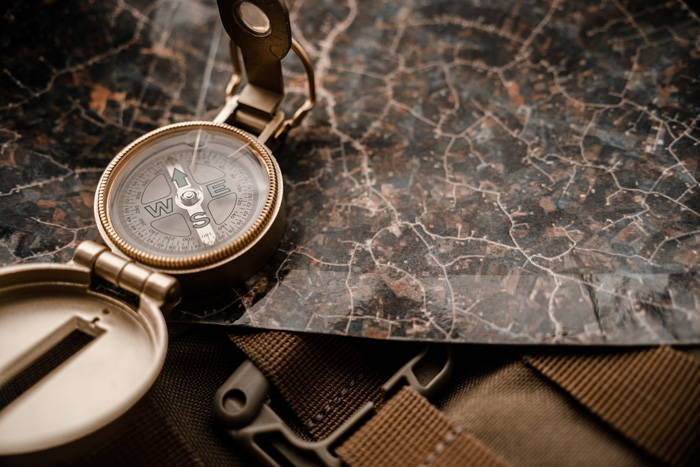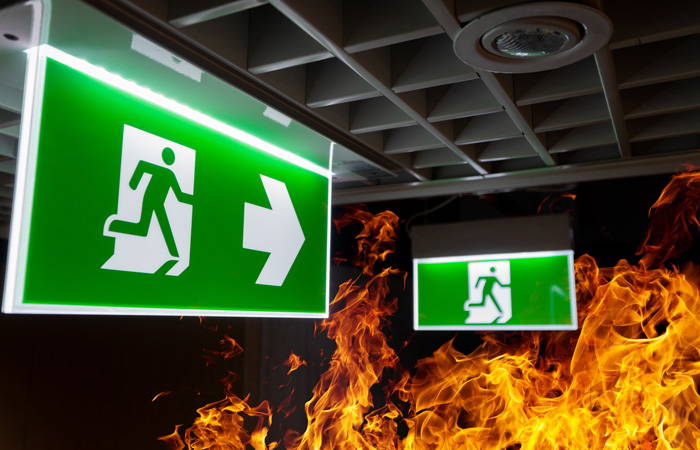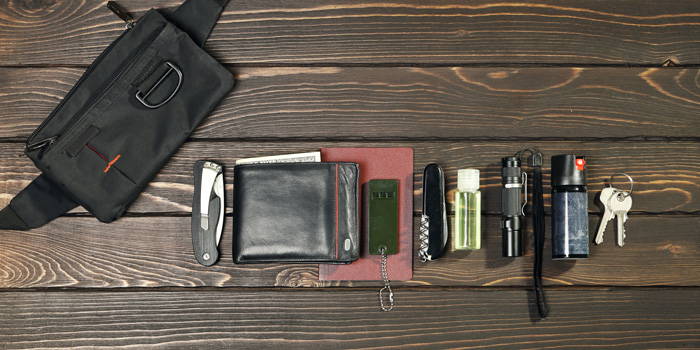I've created a couple of EDC load-outs over the years and picked up some tips along my journey. It's not an easy task to create your custom kit, but these mistakes can be avoided with just enough time spent on it! Here are 6 things I learned that might help you out too:
1) The importance of having multiple knives; they're never all going off at once, so don't worry about getting one weapon type instead - try picking between the fixed blade or folders first, then add more options from there depending on what feels first suited for each situation/task ahead without wasting money if nothing else works when trying them both…
2) The heavier weight means more stability, which makes bulletproofing easier;
3) Higher quality materials make sharper edges and longer-lasting appliances (which also translates into less maintenance);
4). If possible, opt out of carrying anything unnecessary such as single tags because those add exponentially to the weight;
5, In the incremental build approach, it is important to prioritize your most critical gear first.
6). Shifting gears can be expensive, so it's essential to consider the long-term cost when making your purchase. Multi-purpose gears are best since they're more versatile and will save you money in both transportation weight and price point per unit size/ Utility value.
Finally, your pack should last you quite some time, assuming that this guide has been followed. However, it's not impervious to the perils of time and usage; beyond points-of failure we've covered (bag walls getting weak), companies are constantly striving for new models which may or may not be cosmetic depending on their innovations... On most occasions, when an enhancement comes along, it's revolutionary. Still, something more subtle will make its way into production, such as improved zippers, etcetera. Use caution--you'll want something real-world tested before buying!




